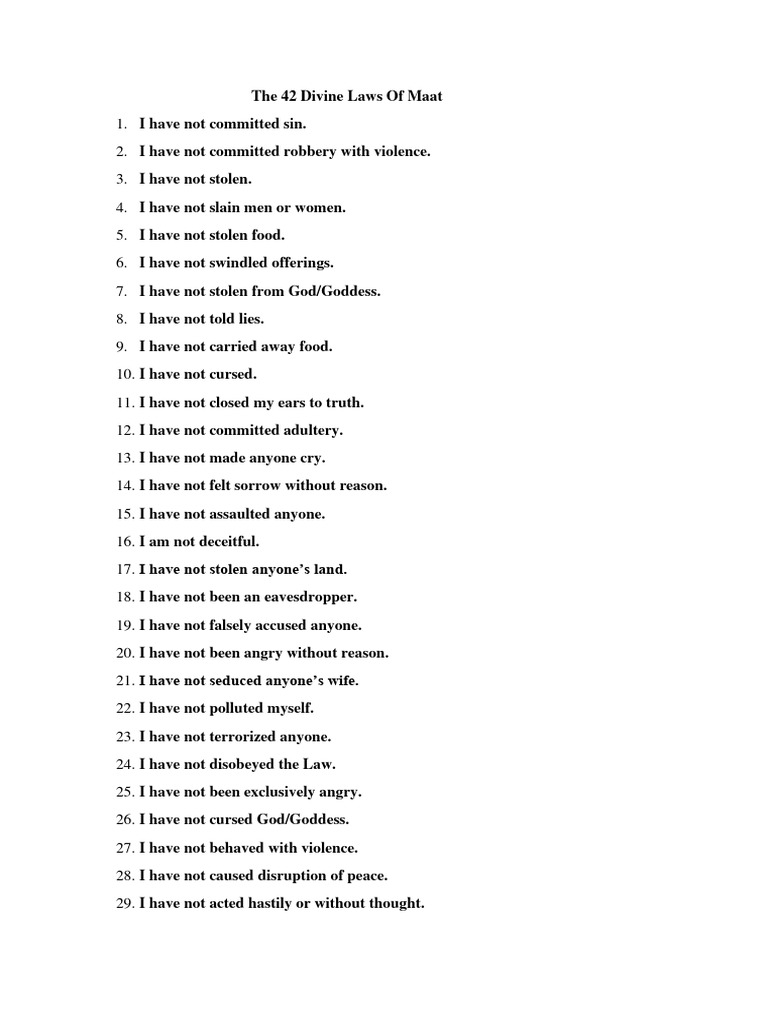The Bahá’í Faith, emerging in the 19th century, presents a comprehensive framework for understanding justice and order within the contemporary world. Central to Bahá’í teachings are the Divine Laws, which embody spiritual principles designed to enhance societal welfare and individual dignity. These laws address the intricacies of human existence, casting a vision that transcends cultural and temporal restrictions. This article explores the Bahá’í perspective on justice and order, examining its implications for modern society.
At the heart of Bahá’í teachings lies the concept of unity—both in faith and humanity. This foundational principle posits that all humans share an intrinsic connection, emphasizing the need for mutual respect and cooperation. Such unity is paramount in fostering a just society. The Bahá’í view maintains that the laws revealed by Bahá’u’lláh provide a pathway toward achieving this unity, highlighting justice as not merely a legalistic notion, but a moral obligation imperative for societal progression.
One principal observation within the context of modernity is the widespread sense of disillusionment regarding existing legal and social systems. As inequities widen and conflicts proliferate, many individuals experience a profound yearning for a transformative approach to justice. The Bahá’í teachings respond to this existential crisis by articulating a vision wherein justice is intertwined with love and compassion. These teachings contend that to enact true justice, one must embrace a holistic understanding of humanity and recognize the potential for redemption in every individual.
Additionally, the Bahá’í writings emphasize the importance of education as an enabler of justice. The pursuit of knowledge is seen not merely as an intellectual endeavor, but as a moral imperative. This aligns with the Bahá’í principle that a divinely-inspired education cultivates the virtues necessary for selfless service. In essence, the laws of Bahá’u’lláh encourage individuals to seek personal enlightenment while simultaneously uplifting their communities. In this way, education serves as a foundational element for societal order and ethical governance.
The Bahá’í understanding of justice also encompasses the dimensions of equity and fairness. Justice is portrayed as a multifaceted concept that requires a balance between individual rights and collective responsibilities. This delicate equilibrium fosters an environment conducive to coexistence, where the needs of the marginalized are prioritized alongside the rights of the affluent. Such an approach sharply contrasts with prevailing legalistic frameworks that often prioritize the letter of the law over its spirit. The Bahá’í teachings advocate for laws that promote the welfare of all humanity, offering a blueprint for governance rooted in altruism rather than mere expediency.
This perspective also suggests that legislative systems should not remain static; rather, they must evolve alongside societal changes. The Bahá’í vision urges active engagement in the legislative process, encouraging individuals to challenge outdated laws that perpetuate injustice. Through participatory governance, individuals contribute to the establishment of a society that reflects divine justice. This participatory approach cultivates a sense of accountability and stewardship among citizens, reinforcing their vital role in shaping a fairer world.
Moreover, Bahá’í teachings assert that true justice must incorporate elements of restorative practices. The conventional punitive measures are often inadequate in addressing the root causes of social maladies. Instead, the teachings advocate for rehabilitation and reconciliation, recognizing the transformative potential within every human being. By employing restorative justice, communities can establish a framework whereby offenders are reintegrated into society, accounting for their actions while addressing the underlying issues that led to transgressions.
In essence, the Bahá’í conception of justice encompasses an array of virtues: compassion, integrity, and empathy. These virtues form the bedrock upon which societal order can be cultivated. Underlying this framework is the belief in the indivisible nature of humanity; all individuals possess intrinsic worth and thus share an obligation to promote each other’s welfare. This perspective fosters an environment of mutual reliance and collective upliftment, whereby individuals become stakeholders in each other’s success.
The Bahá’í model of justice extends beyond mere human interactions to encompass ecological stewardship. The teachings promote an understanding that true justice necessitates respect for all living beings; a notion increasingly relevant in an era marked by ecological degradation. The interconnectedness of ecological health and human well-being necessitates that the laws regulating human actions also account for the environmental consequences. In this regard, Bahá’í teachings resonate with contemporary movements advocating for environmental justice, suggesting a comprehensive approach that includes both human and ecological considerations.
In conclusion, the Bahá’í vision of justice and order provides a compelling framework for addressing modern societal challenges. By elucidating the necessity for unity, education, equity, and restorative practices, it advocates for a transformative approach to justice—one that carries profound implications for the individual and society alike. As the world increasingly grapples with issues of inequality and discord, the Bahá’í teachings offer a refreshing perspective on the nature of justice, emphasizing the potential for a harmonious existence rooted in love, understanding, and mutual responsibility. In fostering a society that embodies these divine principles, we pave the way for a future marked by peace and coherence, reflecting the true essence of humanity’s potential.
